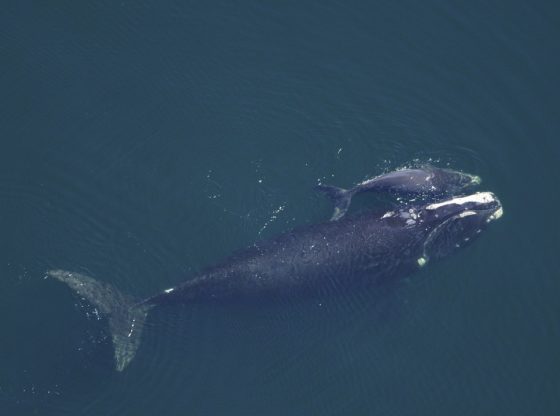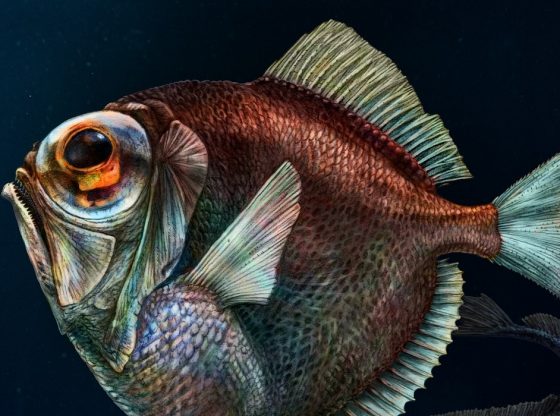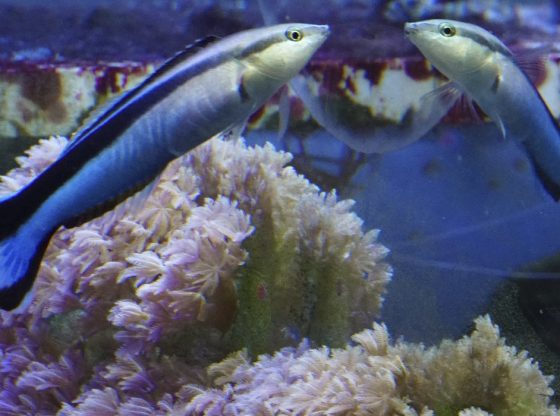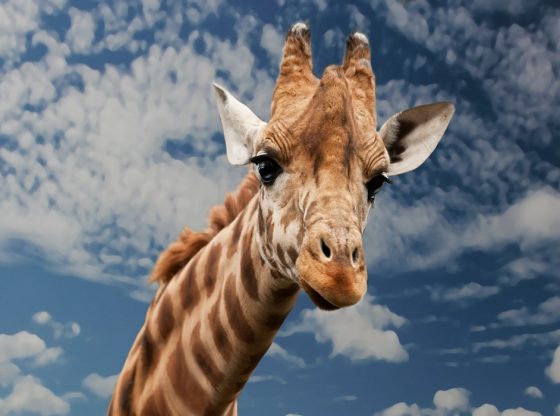
Researchers at the University of Liverpool has examined the genes of Bowhead Whales, known for their exceptionally long life and remarkable disease resistance.
Their long life and disease resistance capability is what led the researchers to more closely examine the genome of this whale species. As the researchers believe that its genes might provide key insights into aging in also humans.
Unique Genome
And last week the team of researchers unveiled the genetic blueprint for the Bowhead whale and the secrets it contains. They noticed that this species of a whale does indeed have a special genome related to DNA repair, cell cycle, and aging process.
João Pedro de Magalhães is a geneticist at the University of Liverpool and led the study, “This is the biggest animal whose genome has been sequenced thus far and the first big whale to be sequenced.” “By identifying novel maintenance and repair mechanisms, we hope to learn what is the secret for living longer, healthier lives is and may be able to apply this knowledge to improve human health and preserve human life.”, he adds.
The Bowhead whale (Balaena mysticetus) can live for more than 200 years, making it one of the most long-lived mammals on the planet. The whale species is also one of the largest animals on Earth being almost 20 meters long (60 feet long) and weighing between 50 and 100 tons when fully grown.
Their sheer size naturally also implies more cells, for which in itself should imply a higher risk that any one of these cells malfunctions. Therefore you might think that the risk of cancer should be higher, but actually, it is the complete opposite.
This whale species appears to have anti-tumor responses at the cellular level that is uniquely efficient. The researchers found a unique mutation in the gene known as ERCC1. And this gene is involved in the repair of damaged DNA and may provide protection against cancer.
Small Genome
The size of its genome is also very different from other whale species, much smaller than usual compared to other typical mammalian genomes. Magalhães comment on this apparent fact, “Generally speaking, more complex species tend to have larger genomes with more genes, but I don’t think within mammals there is a correlation between body size and genome size,”,
The researchers now hope that identifying these genes will translate into ways to manipulate similar genes in humans, de Magalhães says, “We hope to learn what is the secret for living longer, healthier lives and may be able to apply this knowledge to improve human health and preserve human life.”
The study was done by researchers at the University of Liverpool and the study Insights into the Evolution of Longevity from the Bowhead Whale Genome was published in the January 6 issue of Cell Reports.
Reference:
Keane M et al. Insights into the Evolution of Longevity from the Bowhead Whale Genome DOI: 10.1016/j.celrep.2014.12.008






















